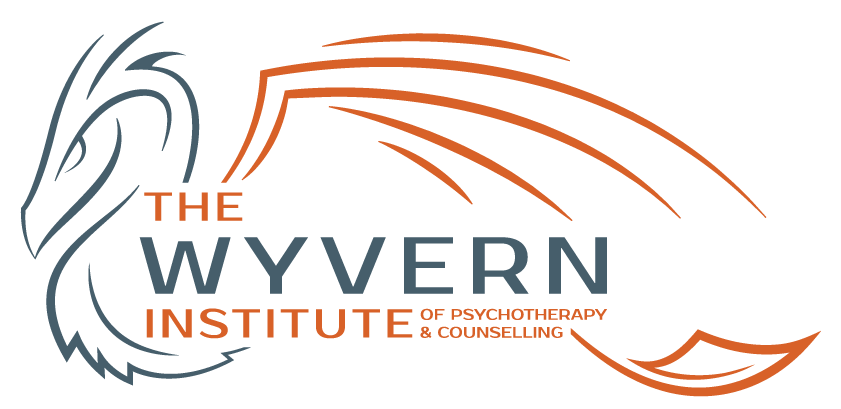Training
Our Transactional Analysis training courses are suitable for every stage of our students’ learning journey, from foundation courses through to advanced psychotherapy courses.
exciting journey of discovery
Introductory Course – The TA101
Come and join us in an exciting journey of discovery where you will be introduced to the main concepts of Transactional Analysis.
The TA 101 course is the official Introduction to Transactional Analysis. Transactional Analysis is a theory of personality and offers a range of models that can be used to understand and enhance communication and relationships and personal wellbeing. TA is applied in education, organisations, mentoring and psychotherapy.
Following attendance of this course (min 12 hours) you will be awarded with an internationally recognised certificate, which is issued by the European Association for Transactional Analysis. This is a stand-alone course as well as being a prerequisite for those wanting to continue training in TA in the Psychotherapy, Organisational, Counselling (Coaching) or Educational specialisations.
If you would like to read more before attending a TA 101 course, you can find publications on a reading list:
www.uka4ta.co.uk
Upcoming TA101 Workshop Course Dates - Bristol
Saturday 28th & Sunday 29th October 2023
Saturday 23rd & Sunday 24th March 2024
Saturday 8th & Sunday 9th June 2024
Saturday 26th & Sunday 27th October 2024
9.30am – 4.30pm
Cost £225
Teas, coffees and biscuits are provided. Students can bring a packed lunch or try one of the many nearby cafés and independent shops.
Course fee £225. Non-refundable deposit of £75 payable when booking to secure your place.
talking therapy
The Foundation Course in Transactional Analysis
In our one-year part-time course (twenty days or 120 hours of training), we provide an in-depth coverage of Transactional Analysis (TA) that can be applied to Counselling, Education, Organisations, Psychotherapy and other interpersonal fields within the helping professions.
As well as considering the major concepts of TA and their application to practice, our course includes experiential and skills-development work.
Our Foundation course is an extended version of the Official TA 101 course based on the international standard syllabus laid down by the European Association for Transactional Analysis (EATA) to cover core concepts.
You can take the Foundation Certificate course either as a free-standing module or as the entry year for the Diploma in Psychotherapeutic Counselling or the Advanced Diploma in Psychotherapy. Summary details of the course are below.
Group Process
Group process is a regular part of the course timetable. Whenever a group of people come together unconscious processes are present. In most social and work situations these are not addressed and if they escalate can result in arguments and inappropriate relationships.
Within a psychotherapy training environment, we facilitate students bringing these into awareness and processing them through discussion and reflection. We encourage clear communication and authentic relationships.
Through this process we support the development of reflective practice and your ability to use your own internal contact as a resource to understanding the internal world of others, by monitoring your body-felt reactions, activation of ego states, emotional reactions, and identifying transferential and countertransferential phenomena.
Advanced Training in Transactional Analysis Psychotherapy
Our Advanced course comprises three years of part-time study. We maximise flexibility by contracting for each year independently, allowing breaks in the training or taking up training at another Registered Training Establishment of the UK Association for Transactional Analysis.
We provide in-depth coverage of Transactional Analysis (TA), ethics and professional issues to prepare you for professional practice as a TA psychotherapist, or as a therapeutic counsellor registered as a TA Practitioner.
If you are seeking registration as a TA practitioner, you may be able to credit prior training and experience towards the total 2000 hours training/supervision/client hours required to qualify, and may not need to complete all three training years.
If working towards qualification as a Certified Transactional Analyst (CTA), students can expect to take four to five years between beginning the Advanced Training and taking their CTA examination.
Most students use their fifth year for exam preparation.
Successful completion of your training leads to the option of inclusion in the National Register of Psychotherapists published by the United Kingdom Council for Psychotherapy (UKCP).
You may then choose to apply for accreditation with BACP or UKCP (in this case, via UKAHPP and UKATA), subject to having completed the required practice hours, while continuing your training for the CTA examination.
Guest trainers give students the experience of the variety of styles, theoretical emphasis and different ways of working with TA
Commonly Asked Questions
-
How much time do I need to commit to the course?
You’ll have 140 hours of in-person training over 10 weekends. The Advanced Course lasts for three years, with the option of joining an Exam Preparation Group comprising 60 hours over 10 weekends following your final year of training.
In addition to the formal training, you’ll need to prepare one written piece of formative writing, which will evidence your self-reflection and personal application of what you learn. Also, you’ll submit a written piece of summative writing to show how you understand the theories and models of TA and then apply them in your clinical practice. Students also delivery a live presentation to their study group at the end of each training year.
-
Who is the course designed for?
Anyone considering starting a new career in psychotherapy, as well as those already working as a counsellor, occupational therapist, social worker, psychologist, etc.’
-
What are the criteria for enrolling in the courses?
There are no prerequisite requirements to join a TA101 course.
To join the Foundation year, you need to have completed a TA101 course and have been awarded the TA101 Certificate.
Your successful completion of the Foundation Year will allow you to enrol on the Advanced Course. The Advanced Course is also open to those who hold a relevant postgraduate qualification, as well as a supervision report if you are already practising.
-
Where is the course held?
Our training venue is in the picturesque Cotswolds town of Chipping Sodbury, on the outskirts of Bristol: Goldney House, 59 Rounceval Street, Chipping Sodbury, Bristol, BS37 6AS.
-
What else do I need to qualify as a psychotherapist?
In addition to the formal training and written assessments, you’ll need to accrue a certain number of hours of experience in various areas before you can take your final exams. You’ll need 750 hours of practical experience working as a psychotherapist in training, 150 hours of clinical supervision, as well as undertake a mental health familiarisation placement with a mental health organisation, such as a psychiatric unit.
Students also need to have at least 40 hours of personal psychotherapy in each year of their training.
-
What other fees will I need to pay?
In addition to your course fees paid to The Wyvern Institute, you’ll need to pay for study books. Academic books typically cost about £25, so students build up their library over time. We have our own lending library at The Wyvern Institute, so you have the resources you need without having to buy the literature all at once. Also, students need to be in therapy throughout their training. The requirement is 40 hours per year and individual therapy sessions typically cost £45 to £60 per session.
You’ll need to be a student member of the United Kingdom Association for Transactional Analysis (UKATA) throughout your training. Please see the UKATA website for the current membership fee:
www.uka4ta.co.uk/member-application-form/.
As you approach your final exams, which are run by the European Association for Transactional Analysis in the UK each year, you’ll already be practising, so you’ll have the additional cost of supervision (approx. £45 to £60 per session) and professional indemnity.
Get in touch today
Contact Us
If you’d like to learn more about what we’ve got to offer, please get in touch.
All Rights Reserved | The Wyvern Institute


